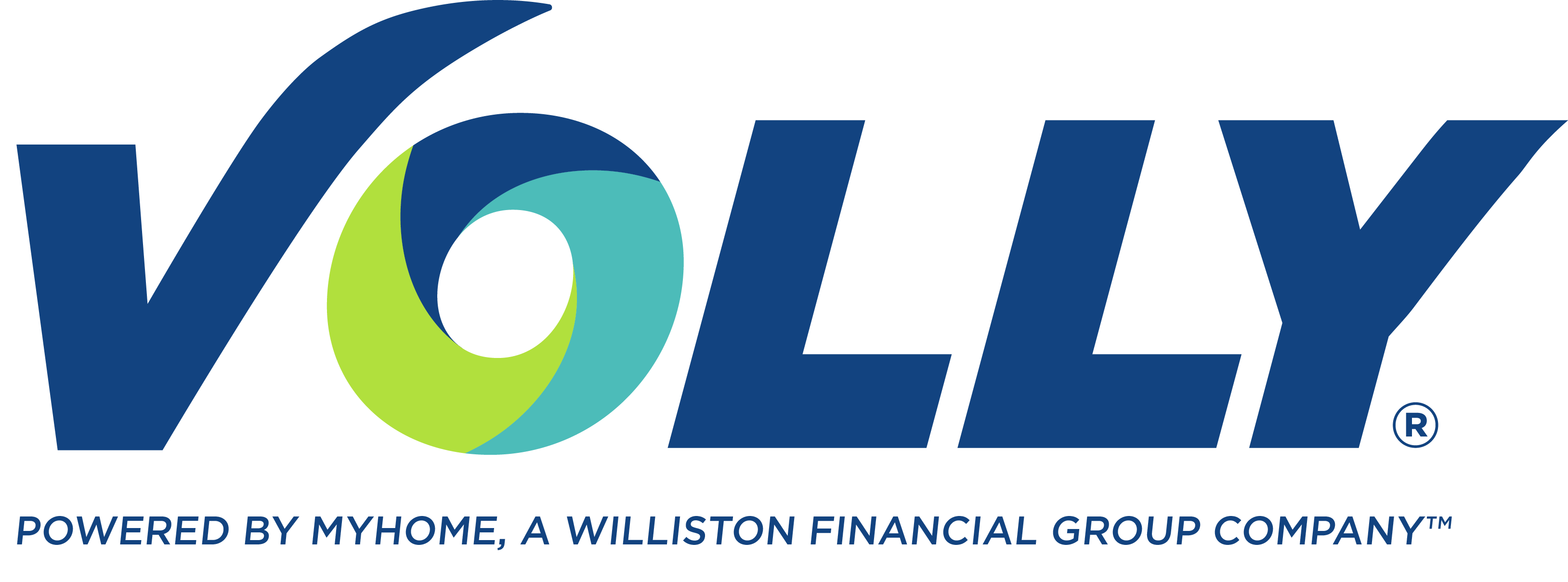Is the Housing Market Heading for a Crash? Don’t Bet on It

Is the U.S. housing market heading for a downturn? The signs are certainly there. Since May 2021, inflation has ran hot, topping out at 9.1% in June. The overall rate of inflation did slow in August, but it remained worryingly high. Also, housing affordability has fallen to its lowest level since 1989. Based on numbers from the National Association of Realtors (NAR), a monthly mortgage payment skyrocketed 53.7% over the past year while median family incomes increased by only 5.8%.
On the flip side, the economy created 2.7 million jobs during the first half of 2022, driving the unemployment rate down to 3.6%. Consumer spending also remained surprisingly robust. Numbers such as these are why forecasters are hesitant to state that a housing market slowdown is on the horizon.
Regardless, many buyers and sellers are concerned. According to Google Trends data, more people searched for “housing crash” and similar terms than at any time since 2007. And in early August, Fitch Ratings, a provider of financial information services, warned of “some regional home price corrections” in overheated areas.
If you have clients who are anxious about where the market is headed, we compiled a list of six reasons why a housing crash is not imminent.
Inventory is at a record low
The most recent Existing Home Sale report revealed that unsold inventory sits at a 3.3-month supply at the current sales pace. With inventory so low, many buyers are bidding over asking prices—and according to market forecasters, this supply-demand imbalance will not allow for a price crash.
Additionally, over the past decade, builders have not constructed new homes at the same rate as they did prior to the 2007-08 financial crisis. Several factors are to blame: a skilled labor shortage, a lack of available lots, and the soaring price of building materials. With the demand for homes running so high, a repeat of the overbuilding that contributed to the housing bust is doubtful.
Demographic trends are creating new buyers
And the demographic leading the way are Millennials. According to the NAR’s 2022 Home Buyer and Seller Generational Trends report, the combined share of younger Millennial (23 to 31 years old) and older Millennial (32 to 41 years old) buyers rose to 43% from 37% the previous year. This is significant because first-time buyers represent the largest share (34%) of people purchasing homes, and most first-time buyers are younger than 40.
Many Millennial buyers used the COVID-19 pandemic to their financial advantage. By moving in with family, they were able to cut the cost of rent, eliminate debt, and save money for down payments.
The rise in remote work and the increased demand for homes away from dense urban areas also positively impacted the housing market. The NAR reported that during the pandemic, sales of vacation properties were up 16.3%, outpacing the 5.6% growth in total existing sales.
Finally, Latino homeownership is expanding at a record pace. Based on NAR numbers, the Latino homeownership rate hit 51.1% in 2020, the highest level ever recorded, making this demographic a growing force in the U.S. housing market.
Foreclosures are up—but there is no reason to panic
Foreclosure activity is slowly returning to pre-pandemic levels. During the first six months of 2022, the number of properties that started the foreclosure process skyrocketed 219% year over year. However, as Bankrate chief financial analyst Greg McBride recently explained, foreclosures are returning to normal levels after being artificially depressed by payment relief programs and extended foreclosure moratoriums. “In a historical context,” McBride said, “foreclosures are still very low.”
Holden Lewis, home and mortgage expert at NerdWallet, predicted that the sharp increase in foreclosures will not negatively impact the housing market. “Even a healthy housing market has foreclosures,” Lewis said, “and this pace is nothing to worry about.”
Lending standards are tighter
Americans purchasing a home before 2007 had access to numerous financing products that were designed to keep monthly payments low: interest-only mortgages, “choose-your-own-payment” programs, and “no-doc” loans, which allowed a buyer to skip the step of providing income documentation.
Today, lending standards are tighter due to regulations enacted following the housing market meltdown. Plus, lenders no longer offer loans to borrowers regardless of their credit histories. According to Federal Reserve data, the median credit score among mortgage borrowers hit an all-time high of 786 in the fourth quarter of 2020.
Homeownership: a sound investment
But perhaps the clearest indication that the housing market is not headed for a crash is this: 86% of buyers said they viewed a home purchase as a good investment. Despite rising interest rates, climbing prices, and affordability issues, Americans still believe in the value of homeownership.
Best practices for dealing with anxious clients
It’s undeniable: Client emotions influence their home financing decisions. If you have buyers or sellers who are worried about the direction of the housing market, here are a few quick tips for calming their anxieties:
- Older buyers remember the 2007-08 housing crash. Millennials—today’s most powerful group of buyers—most likely have heard stories about homeowners locked into mortgages they could not afford. Never be dismissive of your clients’ worries; always let them know that their feelings are well-founded.
- Gently ask focused questions—and then actively listen to their responses. This will achieve two important goals: 1.) The client will calm down; and 2.) You will fully understand their anxieties.
- Over-communicate with your clients—whether in person, over the phone, or through email or text messaging. Conversations are key to building trust. Let them know that while you may not have the answers at that moment, you will always be by their side throughout the entire financing process.
Ready to partner with Volly?
If you truly want to position your business for success in today’s ever-challenging housing market, you may need to work with an industry-leading marketing partner. This is where Volly can help. Contact us today to learn more!

